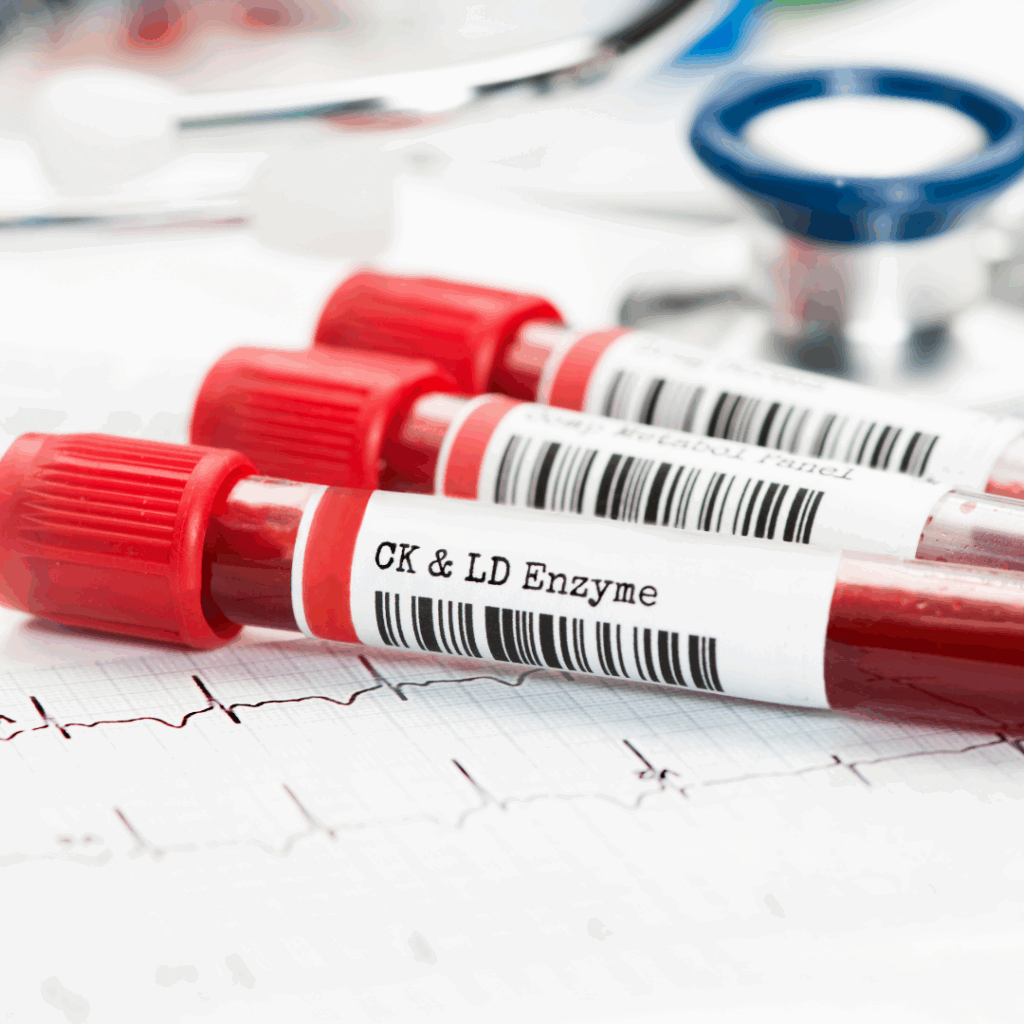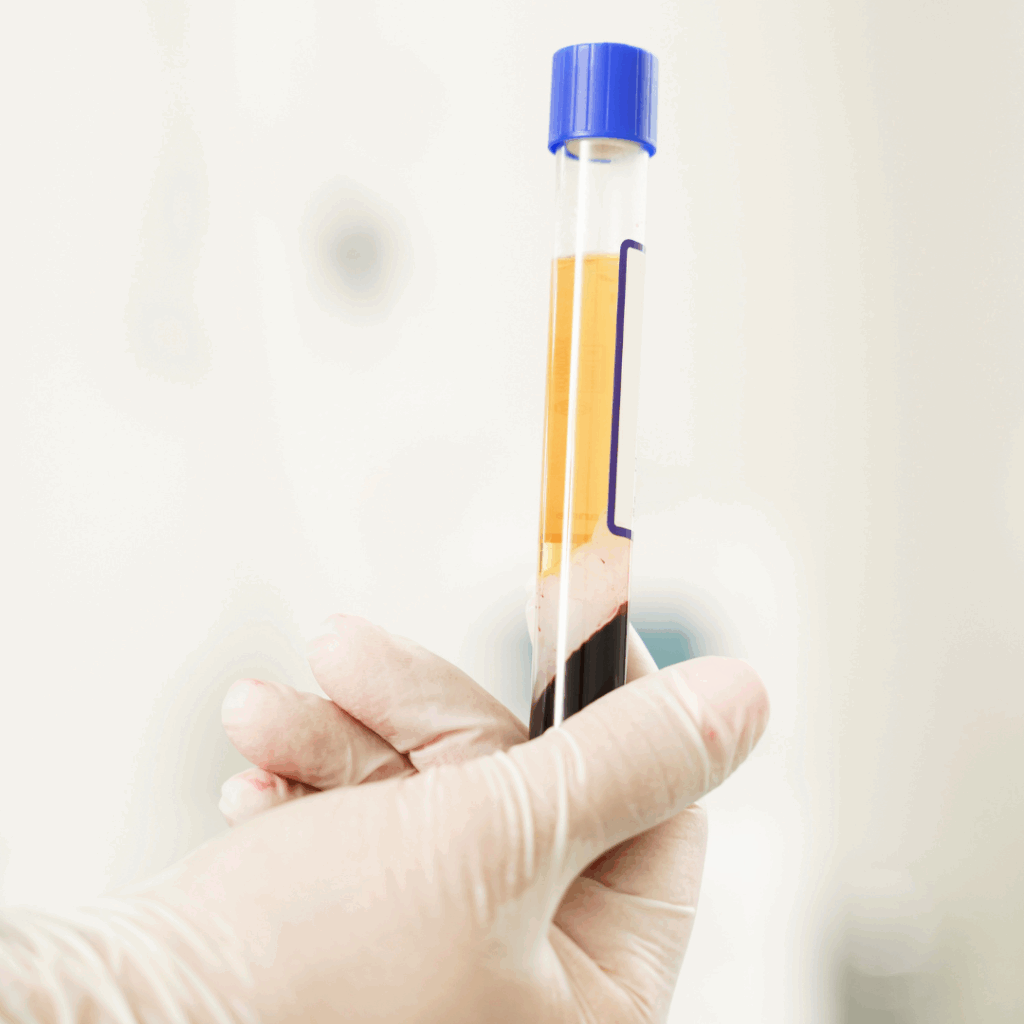Turmeric and Curcumin: What You Need to Know
Turmeric and curcumin are often used interchangeably in the wellness community—but they’re not the same thing. While closely related, understanding the differences between the two can help you choose the most effective option for supporting inflammation, digestion, joint health, and overall metabolic wellness.
As a functional nutritionist, I view turmeric and curcumin not as quick fixes but as tools that work best when paired with a nutrient-dense diet, healthy digestion, and lifestyle support.
What Is Turmeric?
Turmeric (Curcuma longa) is a bright yellow-orange root from the ginger family that has been used for thousands of years in Ayurvedic and traditional Chinese medicine. It’s commonly used in cooking, especially in curries, and is valued for its antioxidant and anti-inflammatory properties¹.
Turmeric contains over 100 bioactive compounds, the most well-known being curcumin, which gives turmeric its vibrant color and many of its health benefits. The medicinal properties of turmeric have been proposed to have many benefits, such as aiding in wound healing, allergies, asthma, sinusitis, hepatic disease, and heart disease.1
Potential Benefits of Turmeric:
- Supports a healthy inflammatory response through evidence-based natural healing solutions
- Provides antioxidant protection
- May aid joint comfort and mobility
- Contributes to overall metabolic health
Using turmeric as a whole food allows you to benefit from its synergistic compounds—not just curcumin alone.
What Is Curcumin?
Curcumin is the primary active compound in turmeric, accounting for only about 3–8% of the root1. Most of the research on turmeric’s anti-inflammatory and antioxidant effects is attributed to curcumin.
Because curcumin is present in relatively small amounts in turmeric, supplements often extract and concentrate curcumin to deliver higher therapeutic doses.
Potential Benefits of Curcumin1,2,3:
- Powerful anti-inflammatory activity
- Supports joint and muscle recovery
- May support brain and cognitive health
- Supports gut microbiome and immune balance
- May help regulate oxidative stress
- Considered a chain-breaking antioxidant
Curcumin is often used in clinical or targeted support protocols that require higher doses.
The Absorption Challenge (and How to Fix It)
One of the biggest challenges with curcumin is poor bioavailability—meaning it’s not easily absorbed on its own.
To improve absorption:
- Pair with black pepper: Piperine (from black pepper) can increase curcumin absorption by up to 2,000%3.
- Consume with fat: Curcumin is fat-soluble, so pairing it with healthy fats (olive oil, avocado, coconut oil) improves uptake4.
- Use enhanced formulations: Look for supplements labeled as bioavailable, phytosome-bound, or liposomal.1,4
This is why traditional cultures often cooked turmeric with oil and spices—a practice modern science now supports.
Turmeric vs. Curcumin: Which Should You Choose?
The best choice depends on your goals:
Choose turmeric if you:
- Want daily, food-based inflammation support
- Prefer a gentle, whole-food approach
- Want digestive and metabolic support
Choose curcumin if you:
- Need targeted inflammation or joint support
- Want to improve metabolic syndrome
- Are supporting recovery from intense exercise
- Have chronic inflammatory concerns
- Are following a clinician-guided protocol
Many people benefit from both—turmeric as a daily dietary staple and curcumin as a short-term or targeted supplement.
Functional Nutrition Tips for Using Turmeric Daily
- Add turmeric to roasted vegetables, soups, or scrambled eggs
- Add curcumin to salads, curry, and rice
- Make a golden milk latte with coconut milk, black pepper, and cinnamon
- Combine turmeric with ginger for enhanced digestive support
- Pair turmeric-rich meals with healthy fats
Consistency matters more than mega-dosing when it comes to food-based support.
Your Wellness Journey at Tucson Wellness MD
Turmeric and curcumin are powerful allies in functional nutrition when used intentionally. Rather than relying solely on supplements, integrating turmeric into your daily routine—while strategically using curcumin—supports balanced inflammation, gut health, and long-term metabolic wellness.
As always, quality, absorption, and context matter. If you’re considering curcumin supplementation for a specific condition, working with a qualified medical professional can help ensure it fits your individual needs.
Looking to personalize anti-inflammatory nutrition strategies? At Tucson Wellness MD, we examine the entire picture—diet, digestion, lifestyle, and biochemistry—to achieve sustainable results.
References
- El-Saadony, M. T., Yang, T., Korma, S. A., Sitohy, M., Abd El-Mageed, T. A., Selim, S., Al Jaouni, S. K., Salem, H. M., Mahmmod, Y., Soliman, S. M., Mo’men, S. A. A., Mosa, W. F. A., El-Wafai, N. A., Abou-Aly, H. E., Sitohy, B., Abd El-Hack, M. E., El-Tarabily, K. A., & Saad, A. M. (2023). Impacts of turmeric and its principal bioactive curcumin on human health: Pharmaceutical, medicinal, and food applications: A comprehensive review. Frontiers in Nutrition, 9. https://doi.org/10.3389/fnut.2022.1040259
- Peng, Y., Ao, M., Dong, B., Jiang, Y., Yu, L., Chen, Z., Hu, C., & Xu, R. (2021). Anti-Inflammatory Effects of Curcumin in the Inflammatory Diseases: Status, Limitations and Countermeasures. Drug Design, Development and Therapy, 15, 4503–4525. https://doi.org/10.2147/DDDT.S327378
- Hewlings, S. J., & Kalman, D. S. (2017). Curcumin: A Review of Its Effects on Human Health. Foods (Basel, Switzerland), 6(10), 92. https://doi.org/10.3390/foods6100092
- Stohs, S. J., Chen, O., Ray, S. D., Ji, J., Bucci, L. R., & Preuss, H. G. (2020). Highly Bioavailable Forms of Curcumin and Promising Avenues for Curcumin-Based Research and Application: A Review. Molecules, 25(6). https://doi.org/10.3390/molecules25061397
Frequently Asked Questions About Turmeric and Curcumin
What is the difference between turmeric and curcumin?
Turmeric is the whole root of the Curcuma longa plant. Curcumin is the primary active compound found inside turmeric that gives it its yellow color and many of its anti-inflammatory properties.
What health conditions may benefit from curcumin?
Research suggests curcumin may support joint health, muscle recovery, metabolic balance, gut microbiome function, and cognitive health when used appropriately.
Who should avoid curcumin supplements?
Individuals with bleeding disorders, gallbladder disease, or those taking anticoagulants should seek medical guidance before use.































